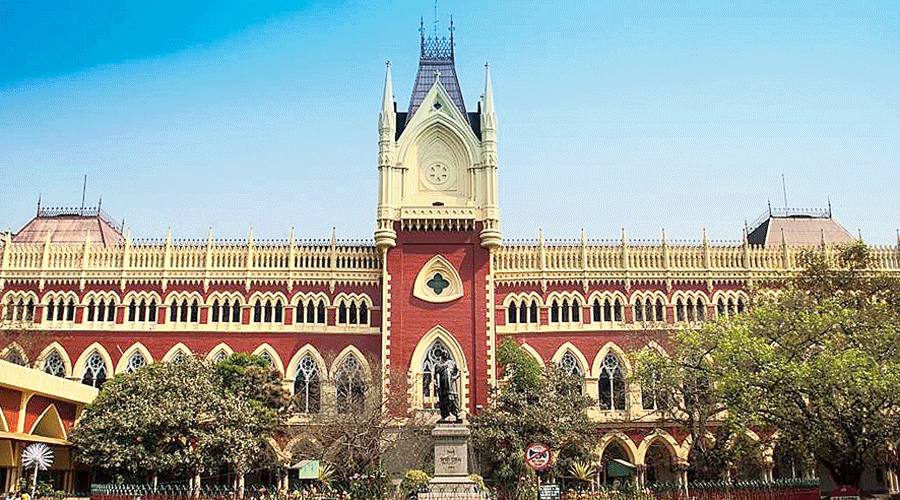Calcutta High Court has quashed a resolution of a college denying permanent appointment to a teacher with 80 per cent disability and directed its governing body to come up with a fresh decision after citing a United Nations Convention.
Arun Sarkar, who holds a Phd degree, lost both his hands in a train accident in 1997.
Sarkar moved the high court challenging the decision of the governing body of Acharya Girish Chandra Bose College that had asked the West Bengal College Service Commission to reconsider the recommendation of the petitioner citing his 80 per cent disability.
Justice Moushumi Bhattacharya quashed the college governing body's resolution and directed it to come up with a fresh decision within eight weeks from the date of communication of the order.
In the judgment passed on Monday, Justice Bhattacharya said the court might not appropriate unto itself the power of recommending the petitioner for an appointment.
After the train accident in 1997, Sarkar worked as an assistant teacher under the physically handicapped (PH) category at Garifa High School from 1999. He joined Kandi Raj College in Murshidabad district as an assistant professor of Bengali in April 2010 in the same category.
The court said that there was no evidence of Sarkar being unable to fulfil his duties as a teacher or assistant professor as a result of the disability forced upon him and had so far performed his job with the use of artificial limbs.
Sarkar, a resident of Naihati in North 24 Parganas district, found it difficult to attend Kandi Raj College, which was located 480 km away from his home.
On his application, the College Service Commission recommended him as an assistant professor in the PH category for Acharya Girish Chandra Bose College (erstwhile Bangabasi College of Commerce) in Kolkata.
But the governing body of the college decided to request the commission to reconsider its recommendation because Sarkar is 80 per cent disabled and “cannot fulfil duties related to teaching, evaluating etc. of the college as well as for university assignments”.
“Since the department is a young one, appointment of such a candidate might seriously be detrimental to the development of the department and the reputation of the college,” the governing body decided in a meeting on June 10, 2017.
The decision was challenged before the high court and the college had given a provisional appointment to Sarkar in August 2017, which will be subjected to the outcome of the teacher's petition, his counsel Subir Sanyal said.
Passing the judgment, the court observed that it must be borne in mind that the Rights of Persons with Disabilities Act, 2016, was enacted to give effect to the United Nations Convention on the Rights of Persons with Disabilities.
Justice Bhattacharya said the United Nations General Assembly adopted the Convention on December 13, 2006, and laid down certain principles for empowerment of persons with disabilities, including respect for inherent dignity, individual autonomy and the freedom to make one's own choices.
She also said that the Convention emphasised non-discrimination as well as full and effective participation of such persons.
The court said that the issue under consideration in this matter was whether the decision of the college acts as a step backwards on the path which the Act sought to pave for persons with disabilities. It also mentioned that the governing body's decision was a reflection of the mindset and attitude which the law aimed to liberalise and rectify.
The 2016 Act envisages the right to equal treatment of persons with disabilities on the same level as others in the relevant group, the judge said.
"In the understanding of this court, 'reasonable accommodation' (mentioned in the Act) is that extra effort which is part of the duty cast upon government bodies and private entities to create an environment which is conducive to mitigating the effect of disability in the overall mainstreaming of persons from the community," Justice Bhattacharya observed.
